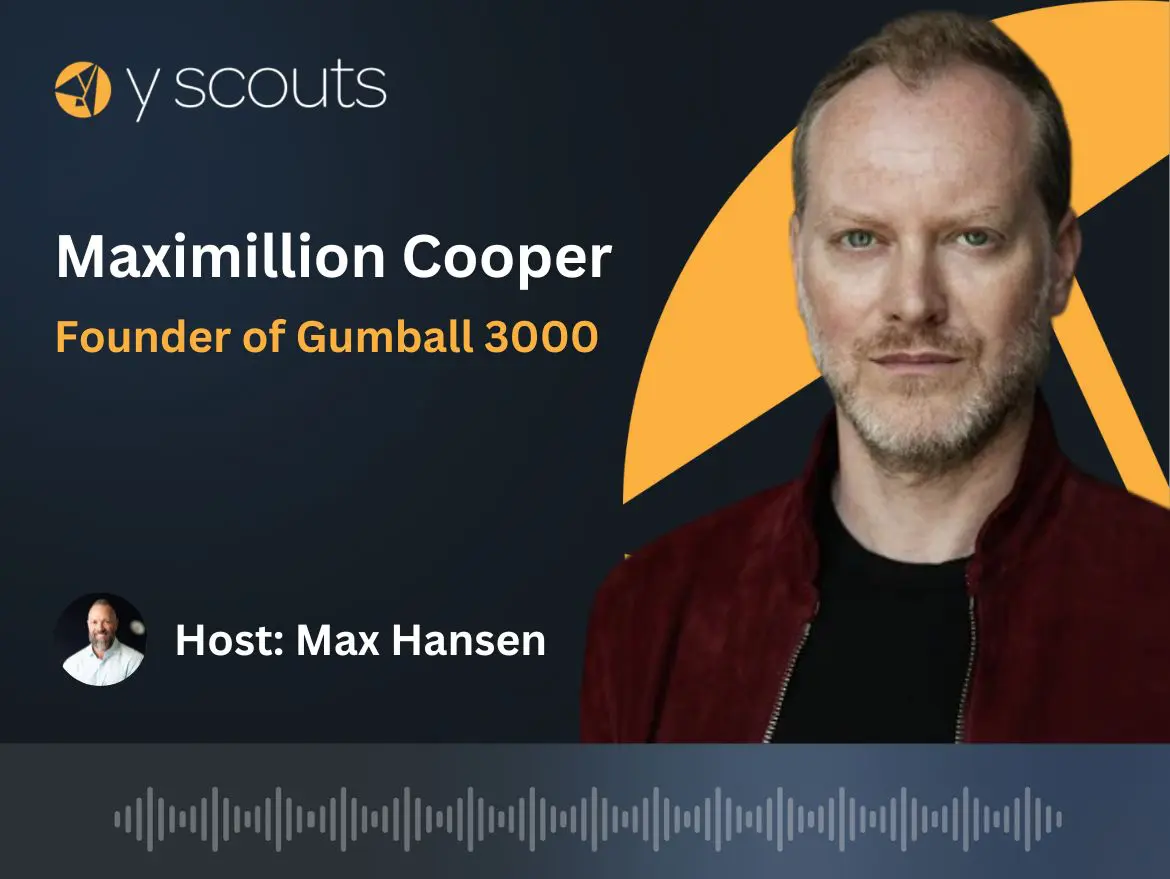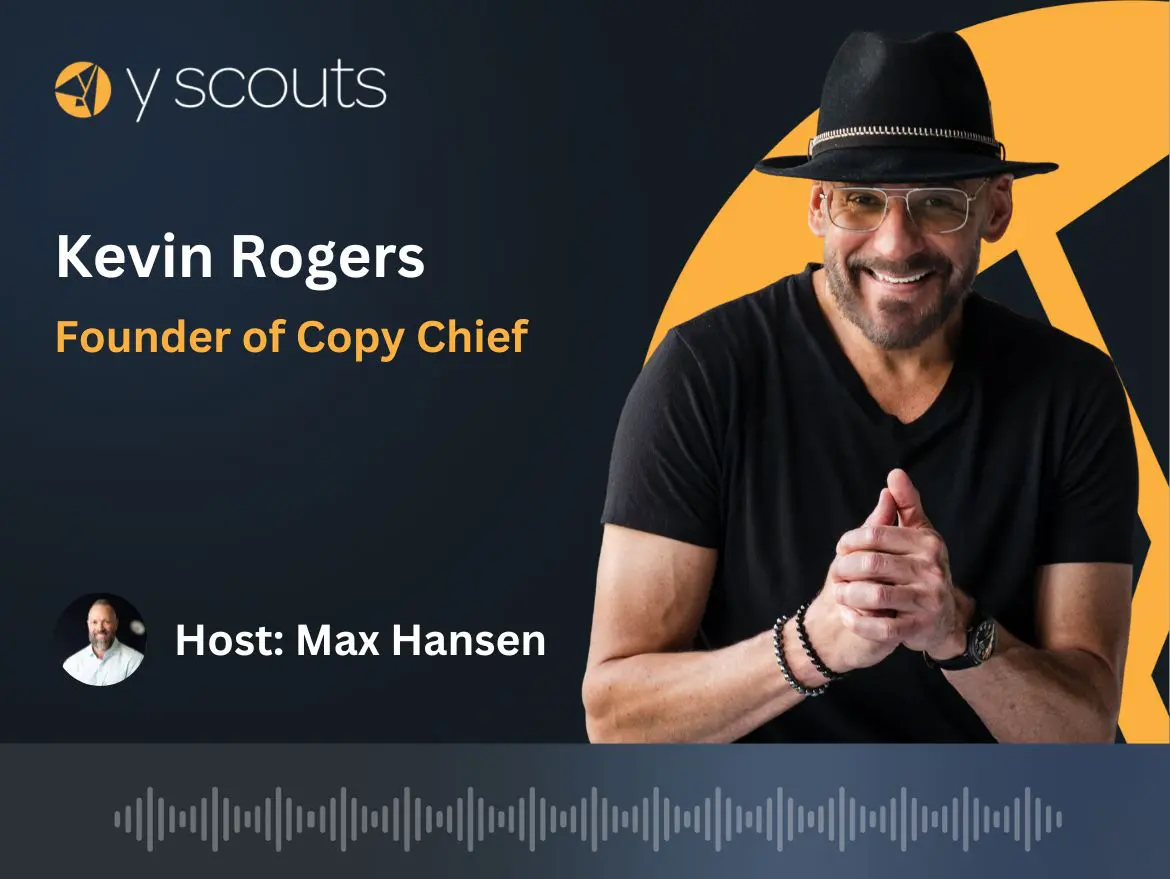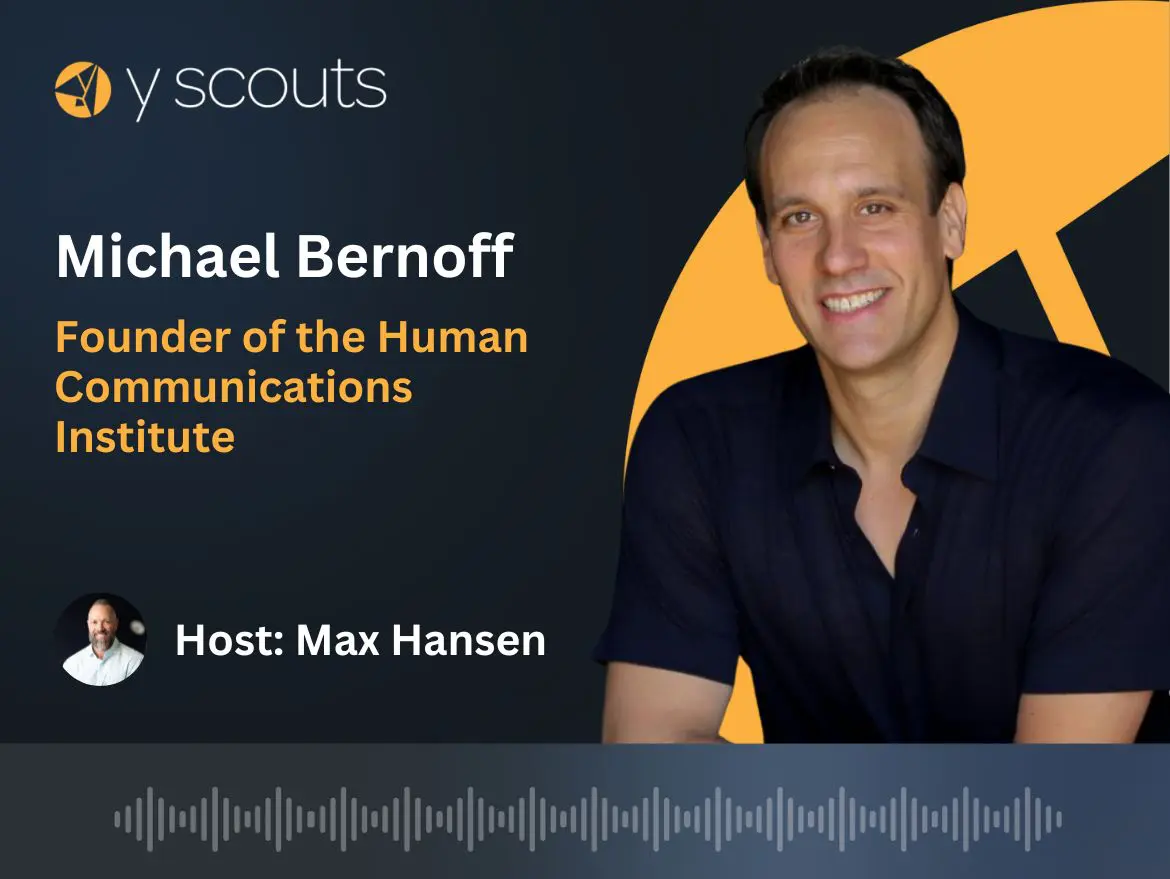
What started as a way to make enough money to pay her way through school quickly turned into something bigger. Kristen Hadeed had no idea that her little side project would turn into a career. At 21 she turned down a six figure job in finance to continue growing her company, Student Maid which now has two locations and more than 500 employees.
Table of Contents
ToggleShow highlights:
- How a campaign in middle school shaped Kristen’s leadership & purpose alignment philosophies
- Why Kristen turned down a six figure job out of college to do something that just felt right
- The Student Maid hiring process
- How Student Maid makes sure customers buy into their “why”
- How to bring core values to life in a company
- Millennials in the workplace
- What can be learned cleaning toilets
Show links:
How do you genuinely find out if someone is curious?
Most of our employees are millennials. With the millennial generation – and I’m a millennial – feedback is very hard to take. Many of us are not used to that direct feedback. Many times, the first time we’re getting direct feedback is in our first job. There are students that we have though that ask, “What can I be doing better?”
When I see something like that I know someone is really open to learning and growing. With the generation we’re working with, when we see that they’re asking questions, it’s an instant sign that someone is open to learning and growing.
Not everyone comes into our culture ready to be pushed outside of their comfort zone. We can push them there, but the question is, “How far do we have to push them?”
We have a rule at Student Maid. We are going to give you everything that we possibly can. We’re going to give you the foundation and all the tools. We are going to believe in you. We are going to be standing right there on your team. But you have got to be standing there too. We’ve got to see that you’re making progress and that you’re coming closer to where we’re standing.
We require that everyone shows up. That means mentally and physically. As long as you’re doing that, we’re going to hang in there. But if we’re going to carry you, we can carry you. But if we have to carry the same person every day, it’s not going to work out.
That’s how we evaluate who stays on the team and who doesn’t.
What’s been the biggest learnings for you about employing millennials?
Number one, it’s the understanding of why millennials are the way they are. I think we have to look to parenting. Our parents wanted to give us everything they didn’t have and more. We were the generation that got the trophy when we didn’t even hit the ball. We got the pizza party when we got last place. We got a sticker if we got an A, but we also got a sticker if we got a B.
We grew up with praise and constant recognition. Our parents didn’t let us fail because they loved us, but they also protected us. Now here we are in the workplace, and we’ve never really failed before. So we’re afraid to mess up, because we don’t know what happens when we mess up. We never have really experienced it, and the last place we want it to happen is at work.
We don’t know how to handle feedback. Sometimes we might cry, we might get angry. We have parents who call us when we give their children feedback sometimes. We do not know how to handle it because we’re not used to it.
We also have to look at the way we’re leading. Leading and parenting are pretty similar. If millennials can’t solve problems at work because they’re so afraid of failure, are we doing anything to contribute to that problem? Are we solving the problems for millennials at work? Or, are we creating a culture that it’s okay to fail? Because that’s how you learn. The next time you’re faced with a problem, you’ll be more confident in that situation.
The biggest thing I realized is that we built a culture where we’re letting people fail. We’re actually pushing them to make mistakes. We’re giving them feedback, watching them cry, and doing it to them again. We’re doing everything wrong, but we’re getting it right. Because every time they fail, they’re so much better the next time. They build confidence, they’re more empowered, and eventually they get to a point where they can give feedback to others.
The one thing I would say is that we play the victim. Millennials say this organization isn’t right for me because of the leaders in this organization. The organization will say that their culture isn’t right because of their millennials. But we’re both playing the victim. We need each other. We have to put down the finger, and build an environment that brings out the best in everyone.
Have you been able to enroll your customers in this fail forward approach?
Our customers know when they hire Student Maid, they are getting a student. I will say we are not the best cleaning service. When it comes to the actual cleaning, we train, but we believe in sending people out to houses and they’ll learn. Our customers buy into that. They buy into that they’re helping this young person grow and learn by getting feedback.
When the student messes up, maybe at another company the customer would be really upset. But instead, with our service, the customer recognizes that it’s a chance to make it a learning opportunity. Everything we do is around feedback.
How do you make sure the customer is really bought into that?
We spend time explaining to customers what it is that we’re doing at Student Maid. Why we exist. Why feedback is so important. We can tell in that initial conversation whether this customer is someone who is really bought into that. If they’re looking for the best cleaning service, we tell them that our students are probably going to mess up, and that maybe we’re not the best fit. We do say no to people. That’s hard to do as a business. But we want people who believe what we believe and who have bought into our why or empowering young people to grow.
We make sure it’s clear they know what they’re buying into.
Is there a common question you’re always fielding when you’re going out to speak?
I’m frequently asked to speak about millennials. How do we engage our millennials at work? At the beginning of the talk every one is usually thinking, “Millennials, Millennials, Millennials.” By the end, it’s so funny to see the shift. People say out loud, “Wow, this isn’t a millennial problem! This is everyone’s problem. The things that millennials want, really it’s the same things we want. It’s just millennials express it differently.”
That’s the key. 87% of us, according to Gallup, are disengaged at work. That’s more than a millennial problem. How do we create an environment where we all thrive?
What can be learned by cleaning toilets?
There’s a lot you can learn when you put yourself in the shoes of the people you lead. There’s something powerful about knowing what someone is going through, because you’ve been there.
Listen to more episodes from the Built On Purpose podcast at yscouts.com/podcast/.






